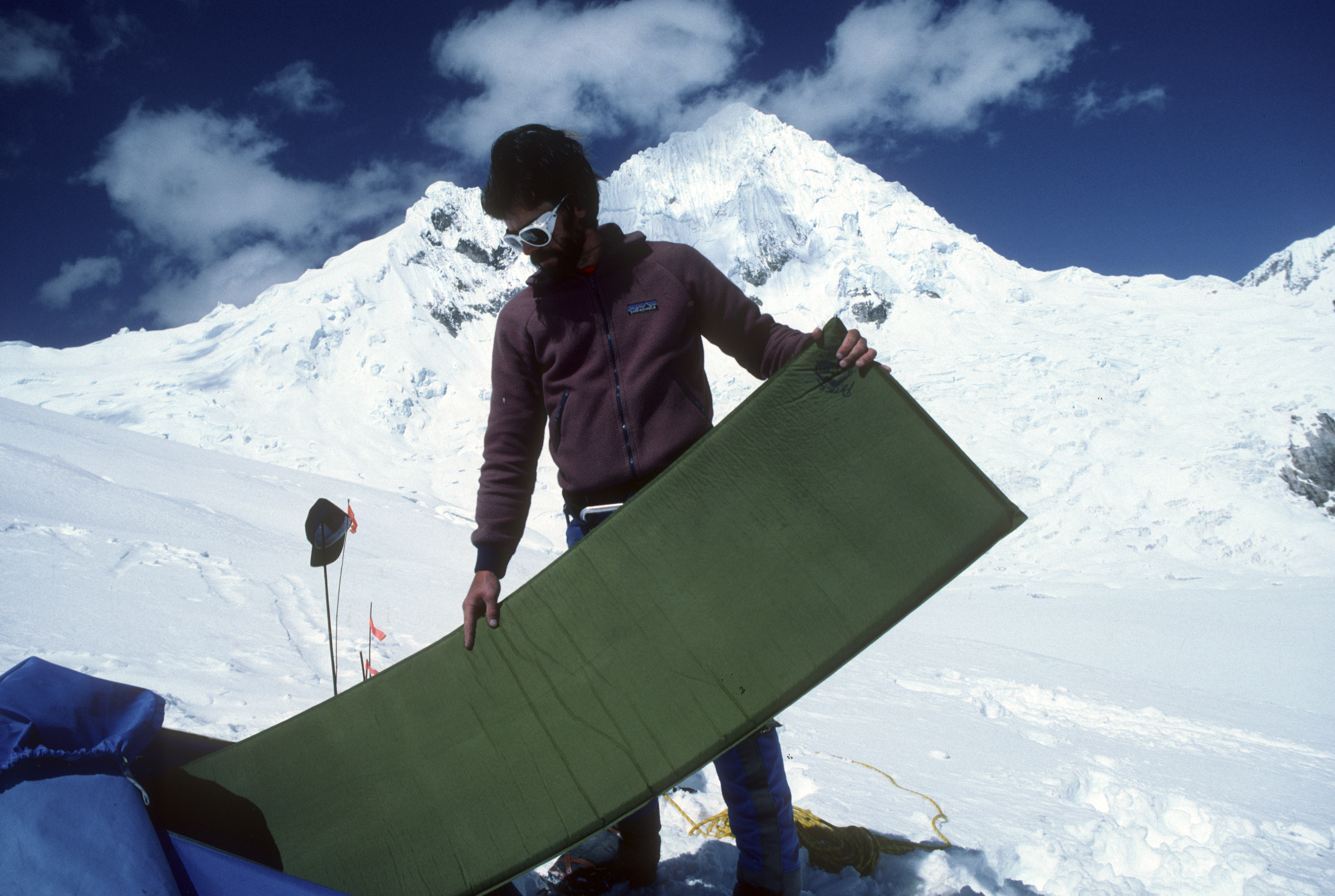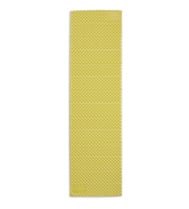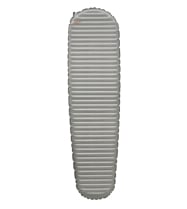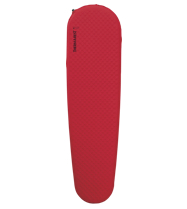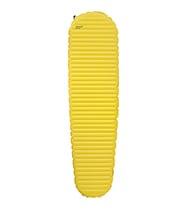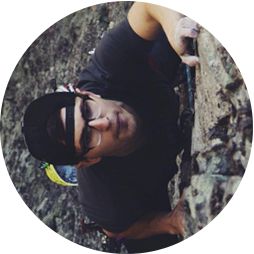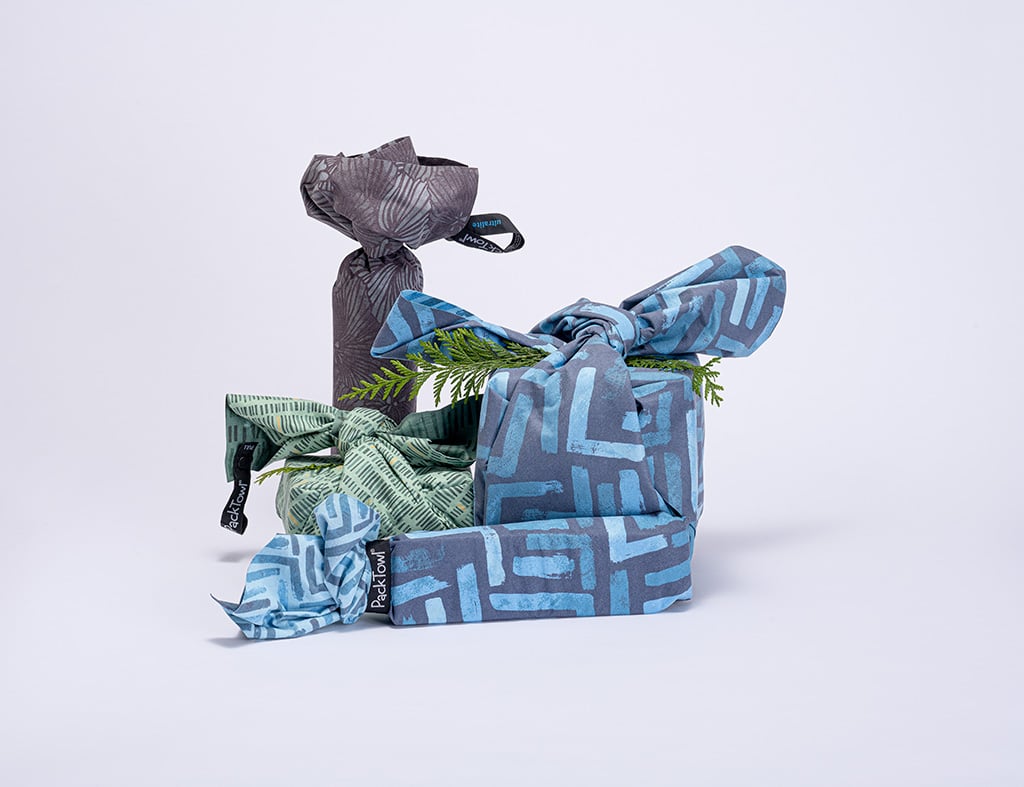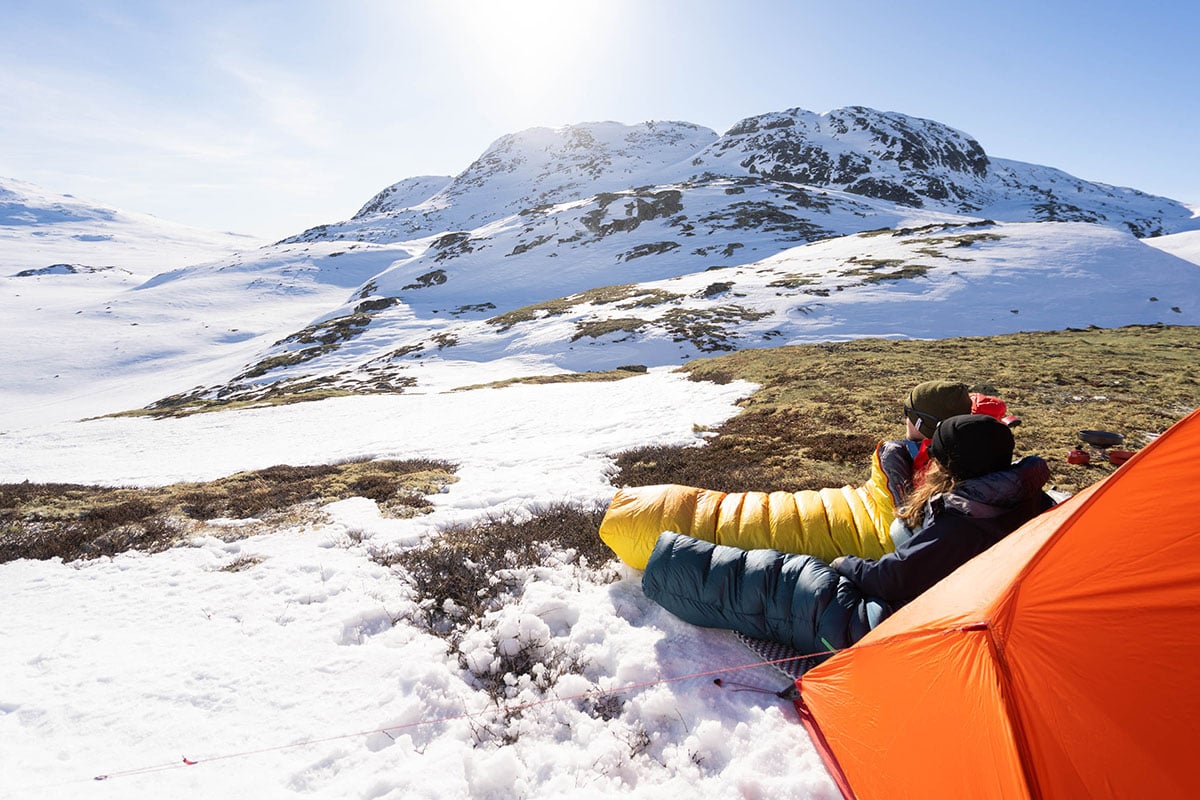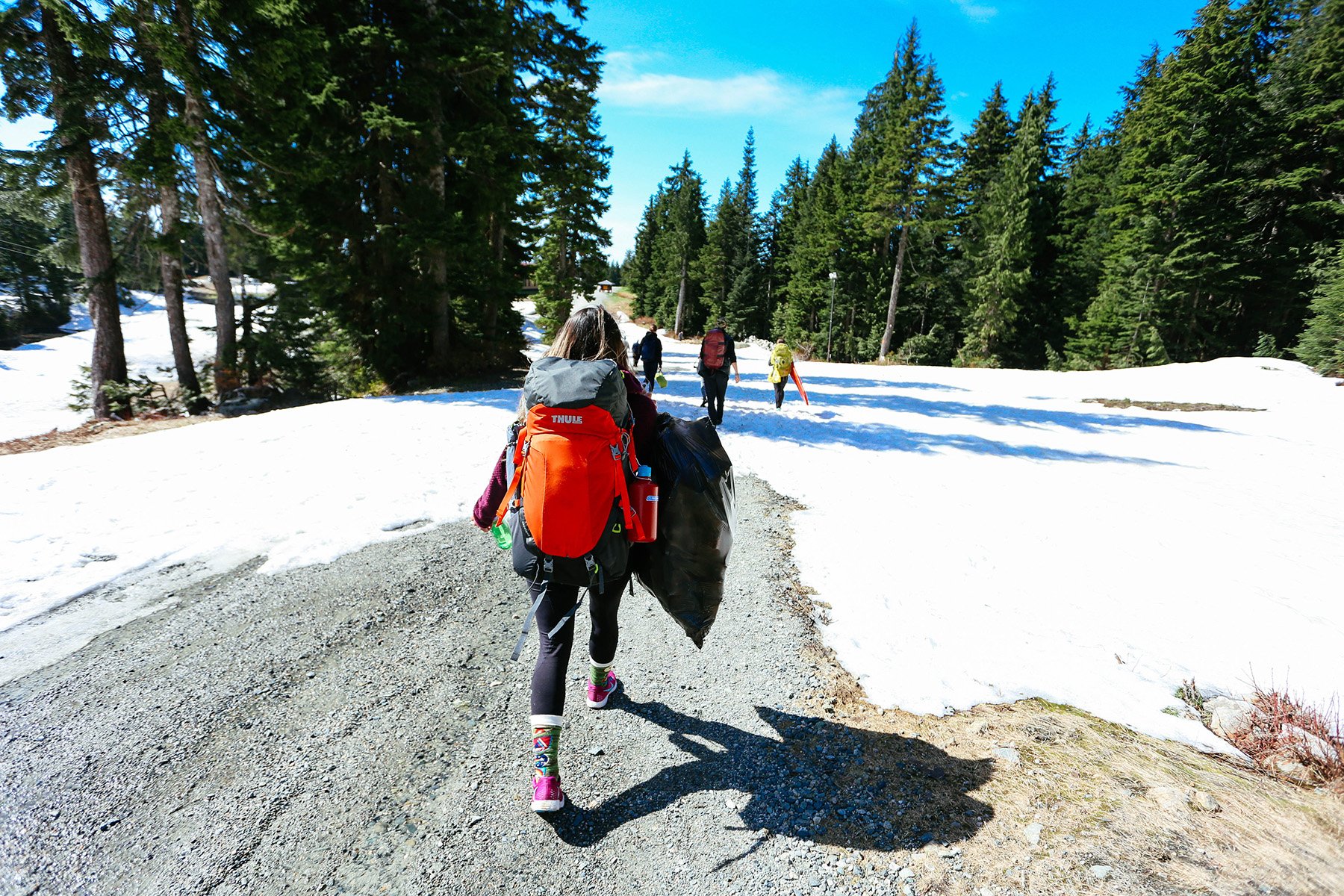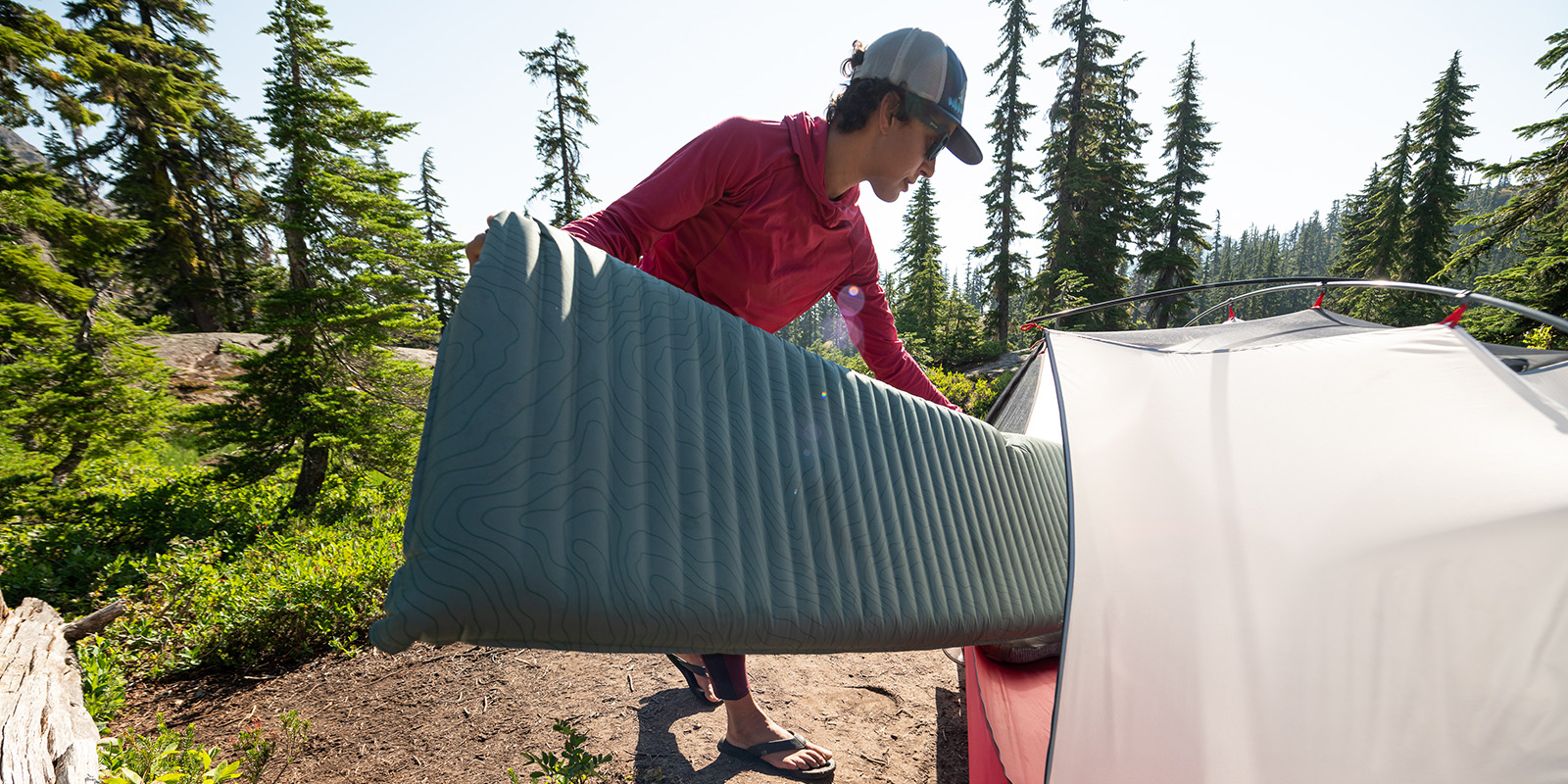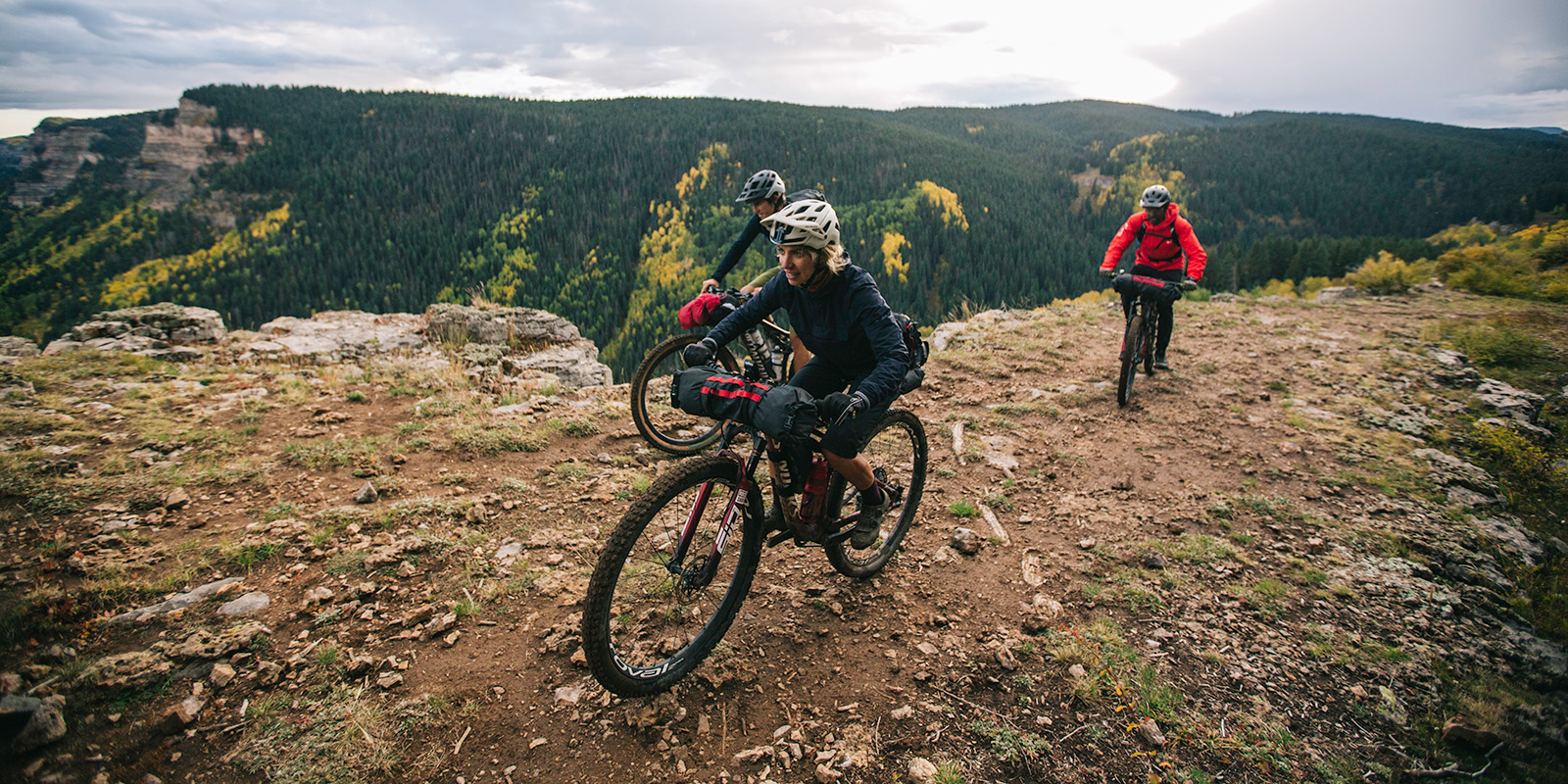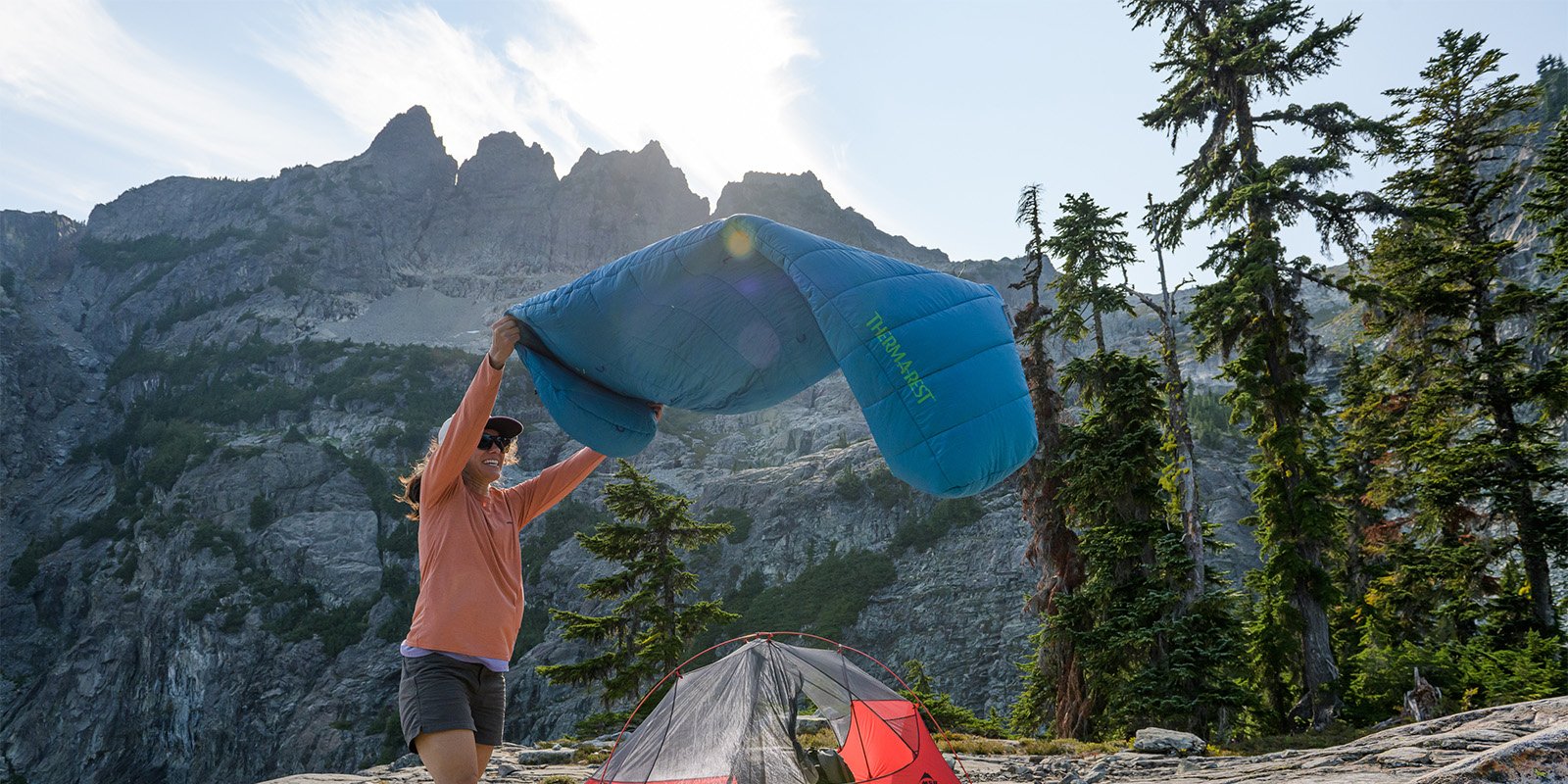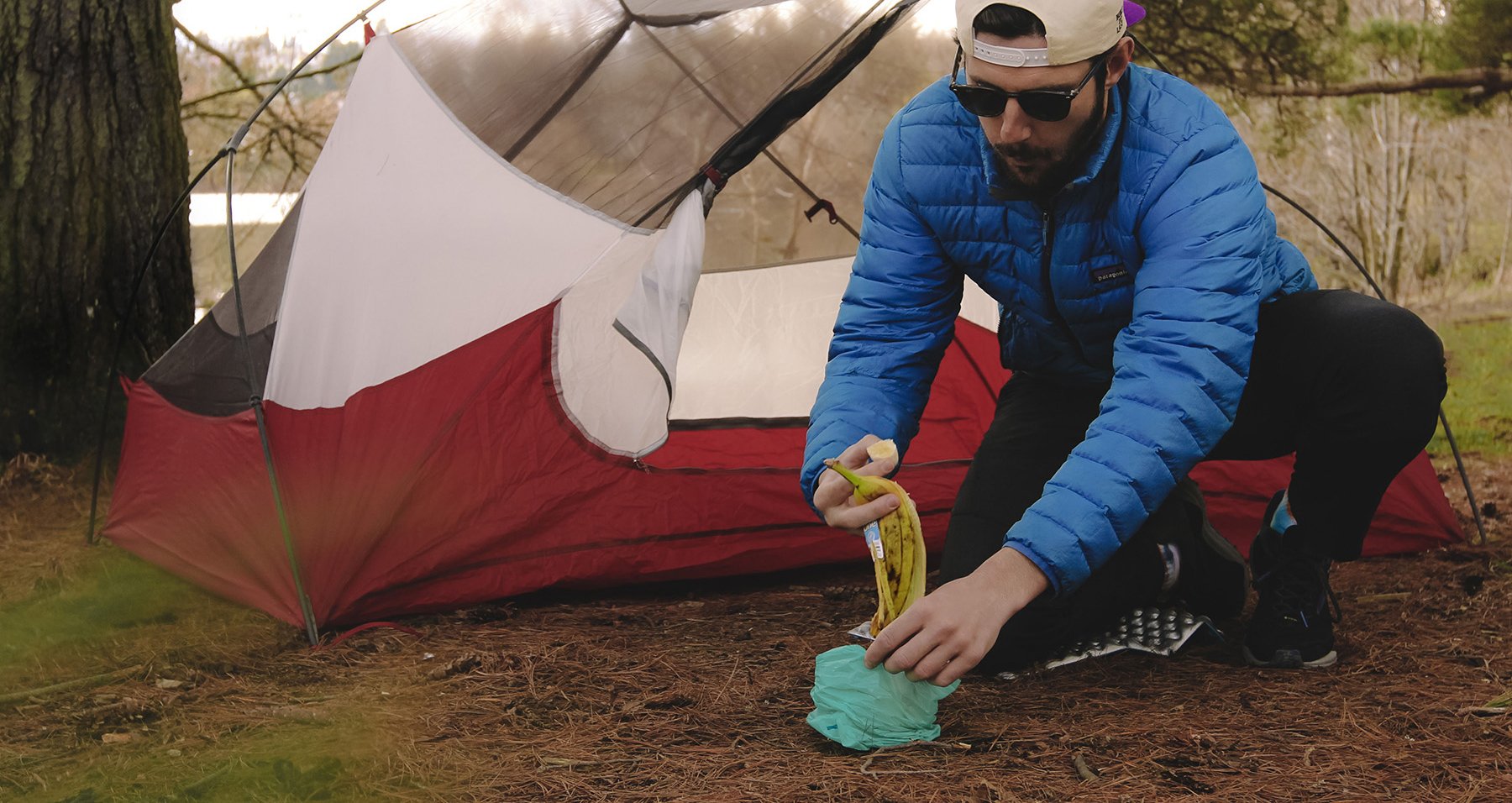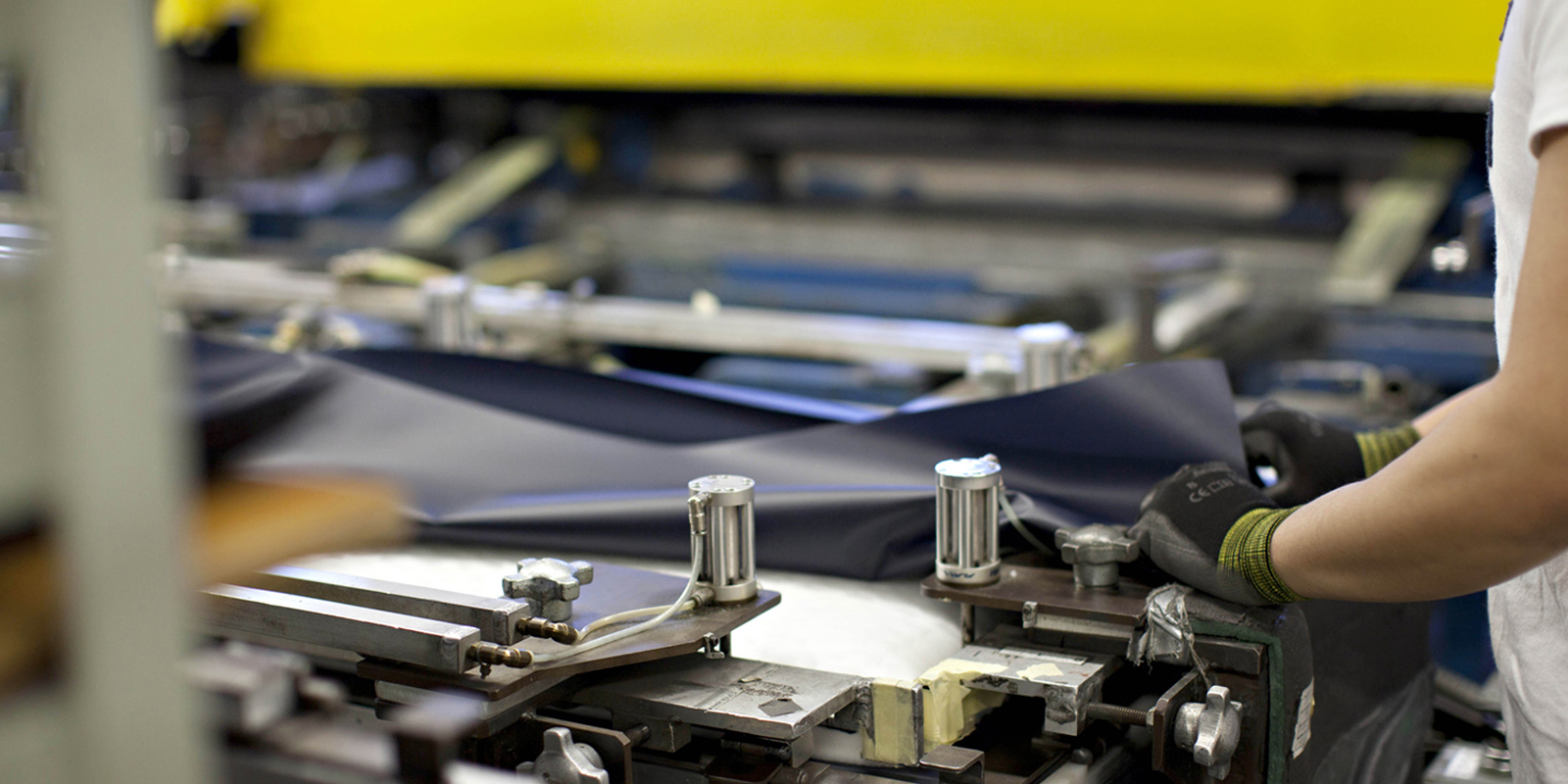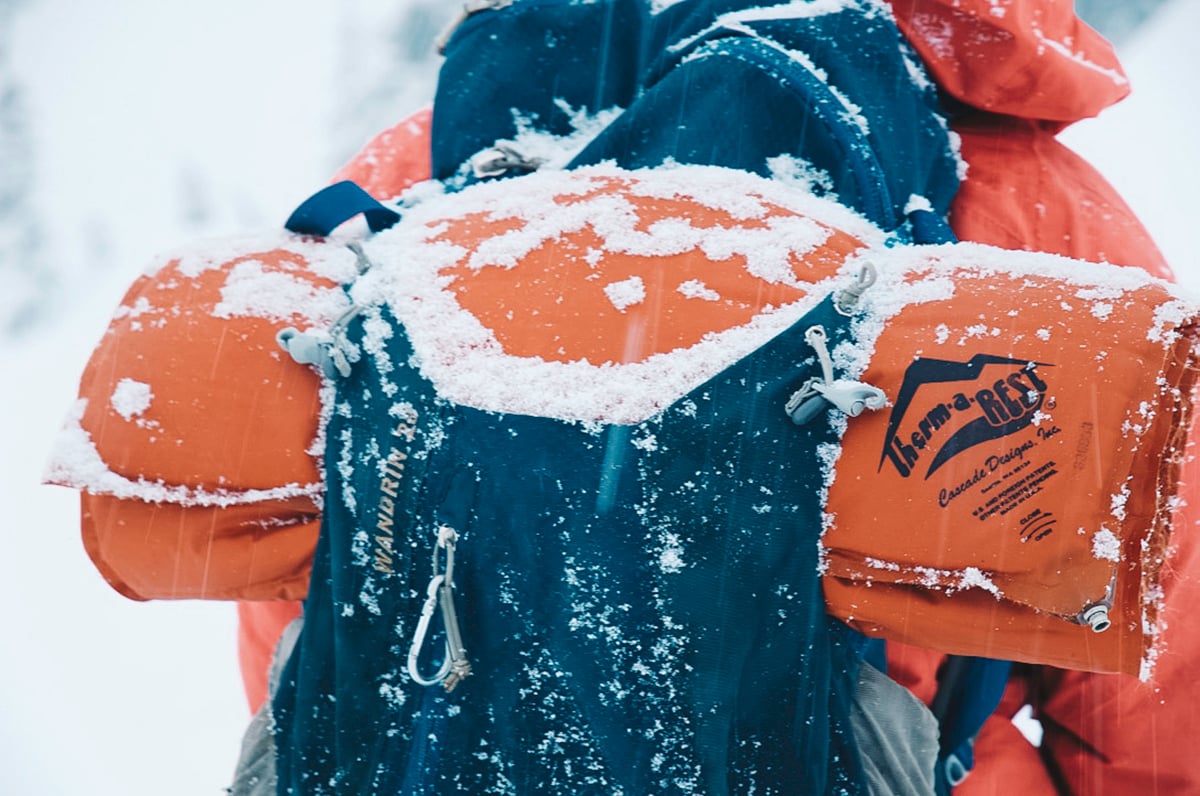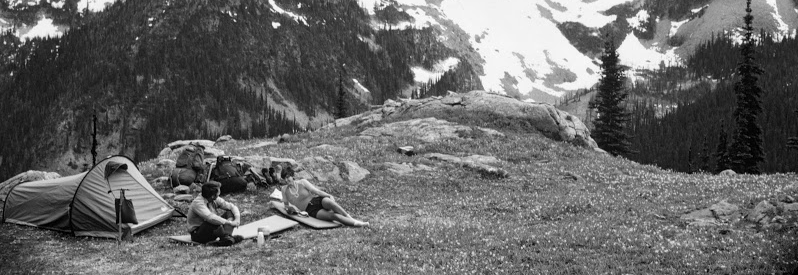Nestled between the Cascade Range and Puget Sound, our design and manufacturing facilities have been crafting the finest sleeping pads and camp gear since 1972. We take a lot of pride in the fact that we’ve kept manufacturing in our hometown of Seattle. Working between our design room and manufacturing floor doesn’t necessitate a phone call or a plane flight. It’s a walk downstairs.
Keeping our manufacturing in the United States ensures we keep responsibly building the quality camping goods that help you rest better. Over the years, few other brands have adopted this same philosophy of choosing to keep their manufacturing in market instead of sending their production overseas like many of our competitors. Adventurers and outdoor enthusiasts know “USA Built” is a promise of our craftsmanship and the dependability of our gear.
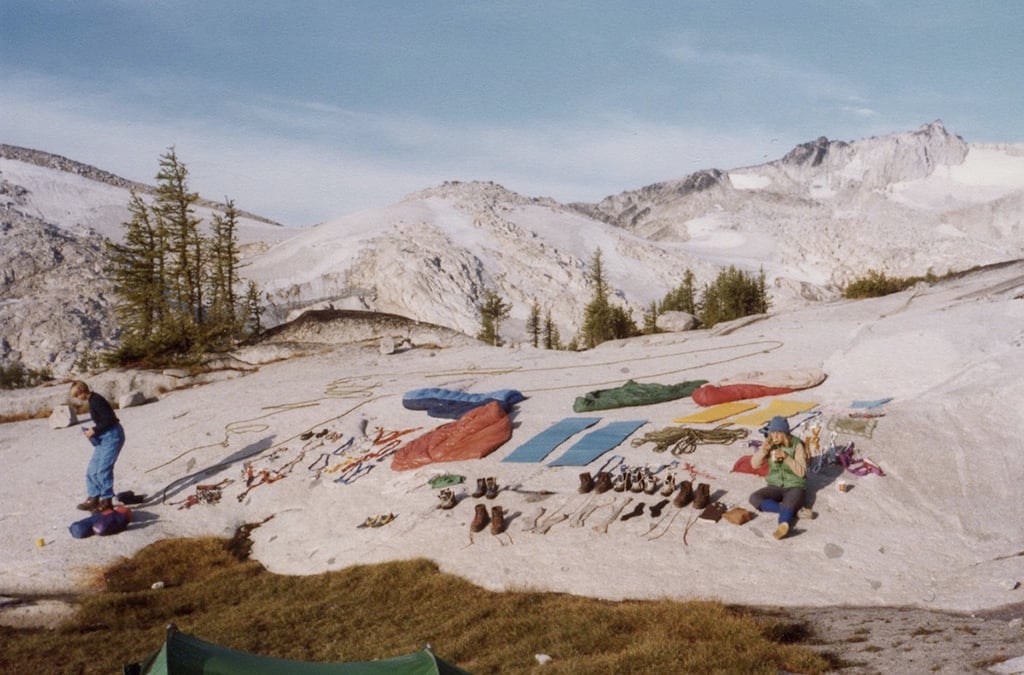
As our company grew, we wanted to ensure that we kept our carbon footprint small and that we maintained our high manufacturing and design standard. In 1985, we opened our European headquarters in Midleton, Ireland in a retired wool factory. This continued our tradition of crafting our gear in the foothills of the mountains and forests where our gear will be used. In 2015, our first lines in Reno, NV got up and running.
However, as we continue to examine every decision and action, we’ve realized that the benefit of our made-in-market philosophy isn’t just about the quality of our products, but also minimize the impact that our products make.
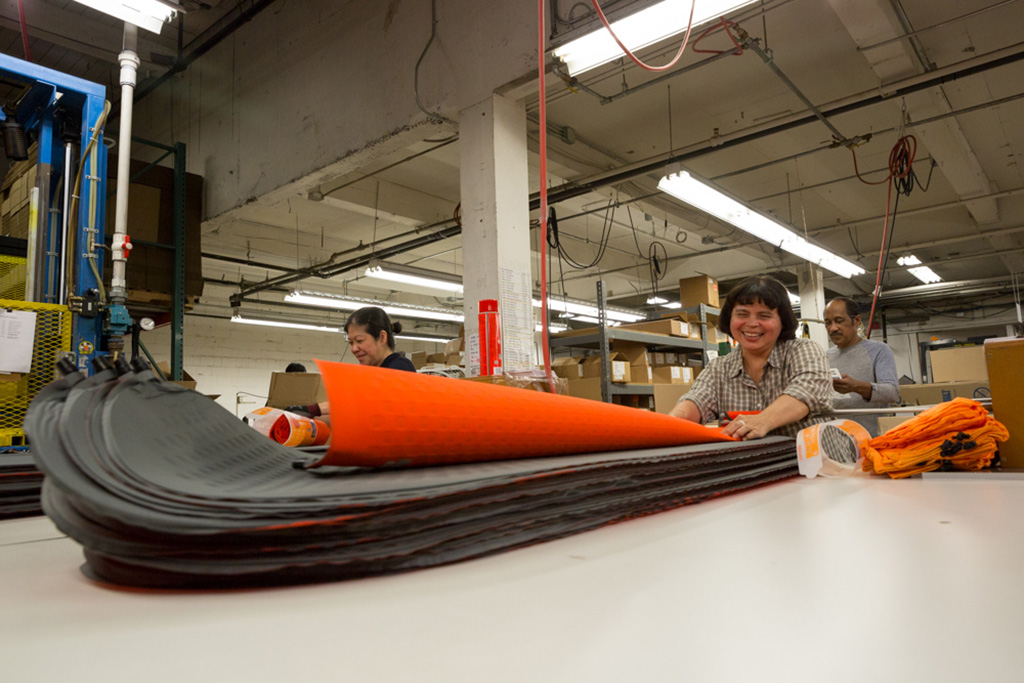
Transportation
When we talk about ways that our “USA Built” products are more eco-friendly, the primary reason is due to transportation and shipping. Any product built and distributed in market saves the need for overseas transportation and distribution. With this need removed, the pollution and consumption from facilities, boats, trucks, and planes are averted. This is not only more environmentally friendly but also offers a cost saving to those willing to manufacture in market. The smaller carbon footprint is a huge reason why we are committed to keeping as much of our manufacturing in market.
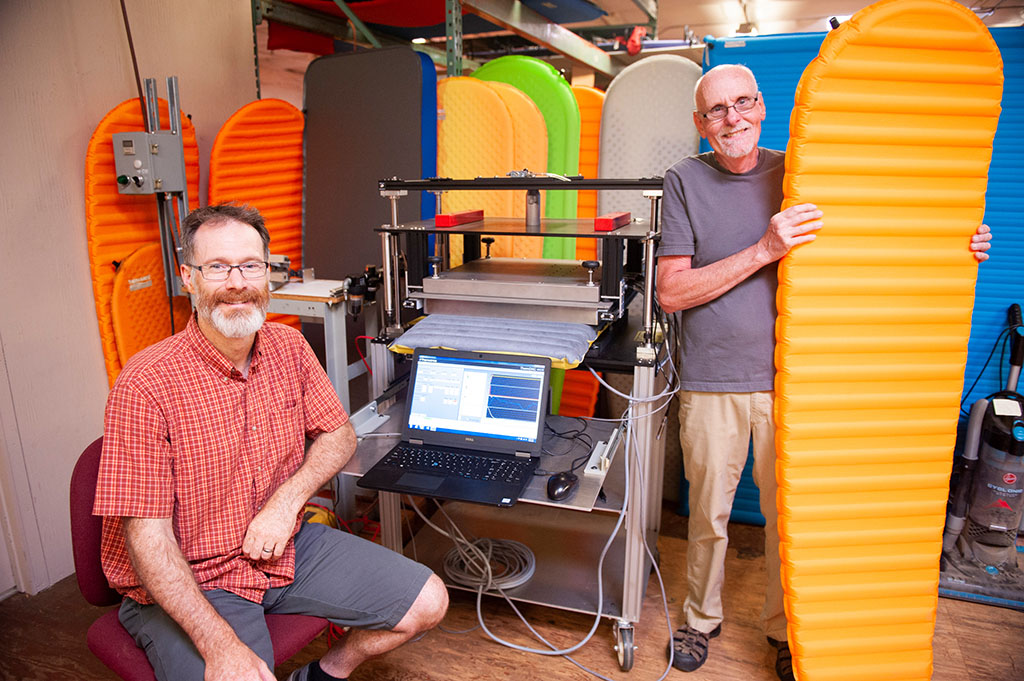
Energy
As we look at the environmental impact of manufacturing, you have to take a step back and look at what keeps the factories lights on and the belts turning over. At our Seattle factory, we can count on the fact that roughly 97.5% of the energy that we use comes from renewable energy sources. In the U.S., there are added regulations to ensure that everything from electricity to water is protecting those who use our gear and our environment.
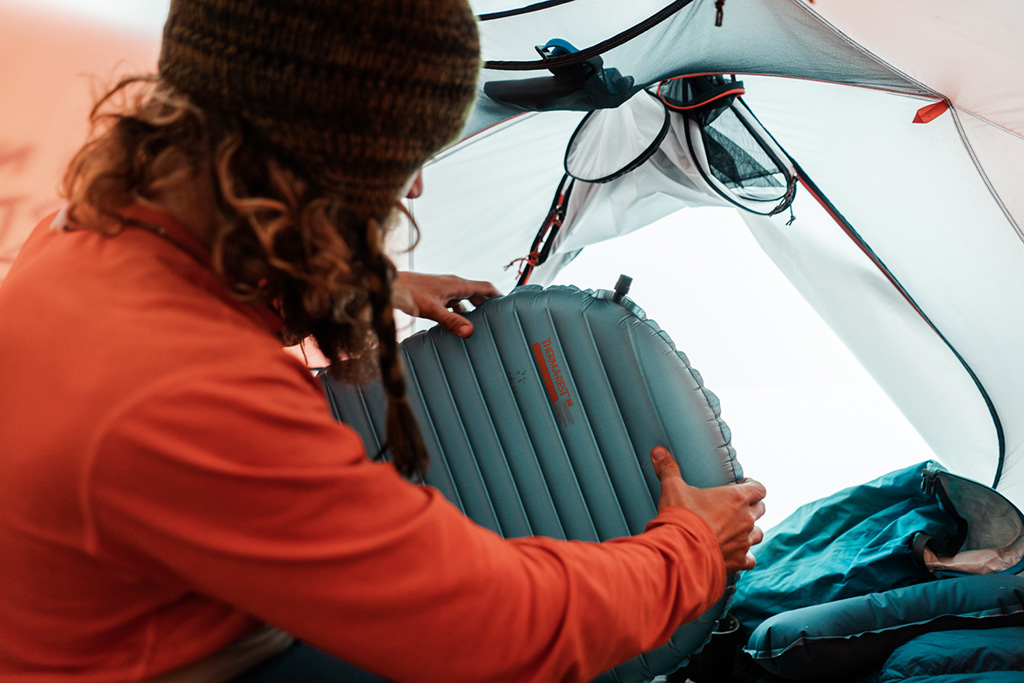
Design
Crafting high-performance gear demands an incredible amount of material demos, design prototyping, and extensive testing before being taken into the field. For us, most of these processes happen right here in Seattle. With access to an in-house machinery team, cold chambers, R-value testers, and material fabricators, our design process avoids many of the costs and impacts that we would incur with outsourcing.
In addition to avoiding these impacts, the quality of our design and craftsmanship leads to products that have a longer life and can be easily repaired. This keeps our gear in your pack and out of the landfill. An ongoing joke amongst our repair teams is that we don’t know how long a Therm-a-Rest pad lasts because we’ve only been making them for 50 years.
While it is just one of many things that set Therm-a-Rest products apart, our made-in-market philosophy is special not only because it provides better gear, but because it does a small part in making a better tomorrow.
Related Posts:
